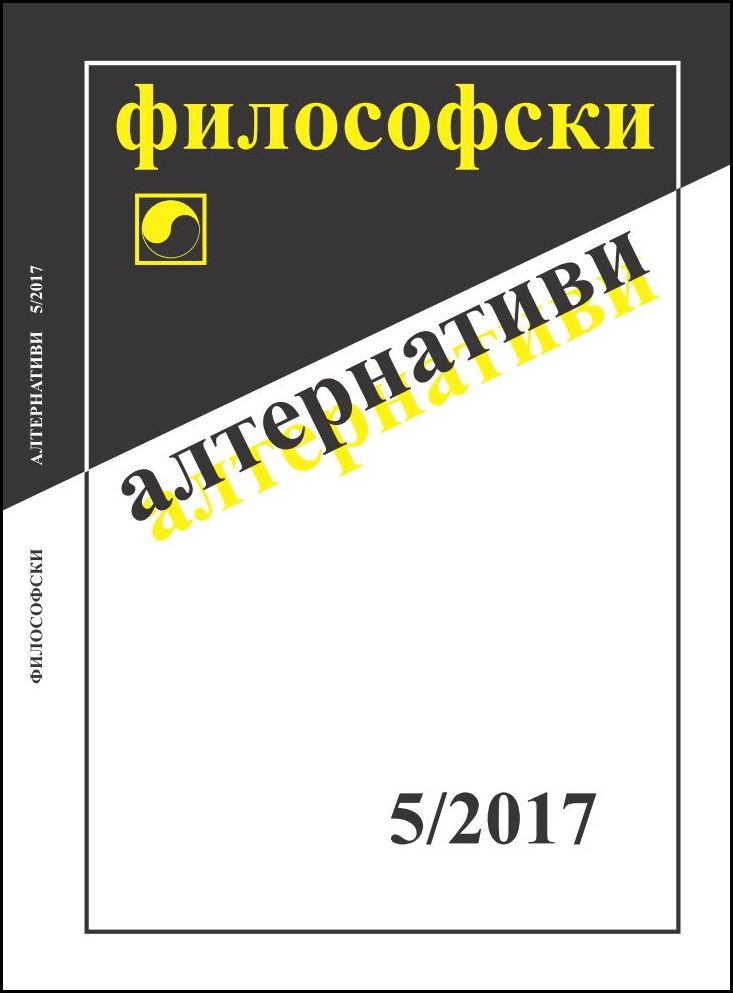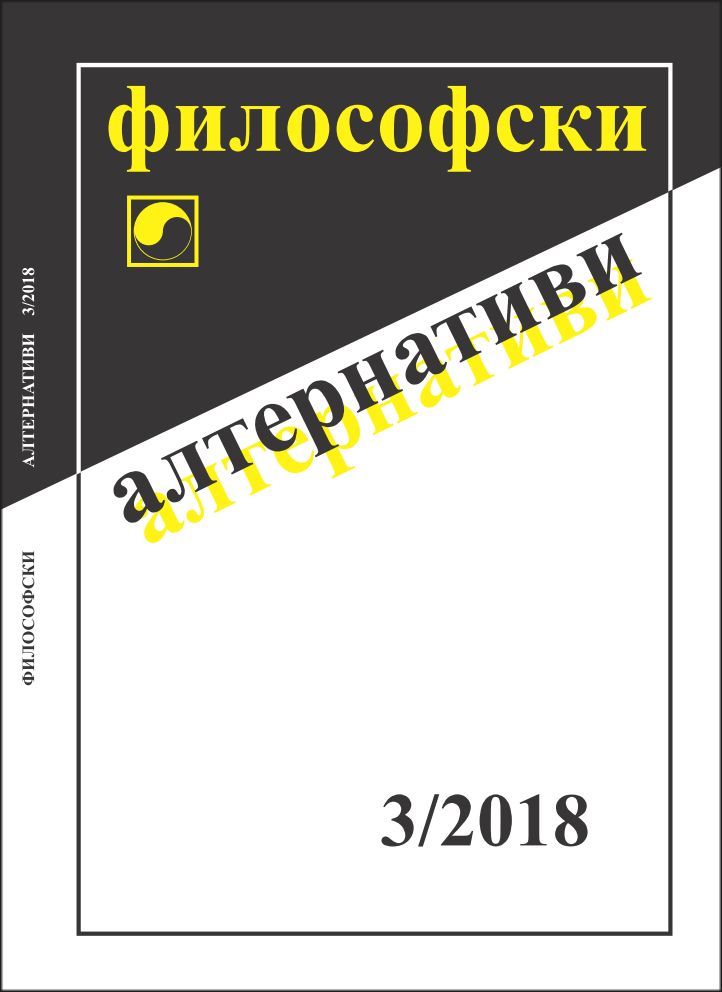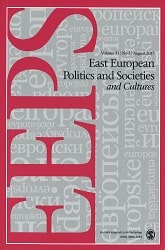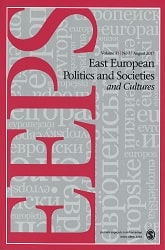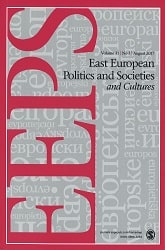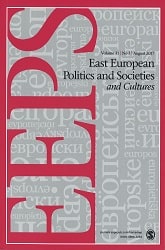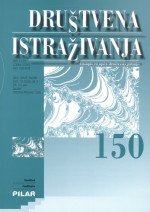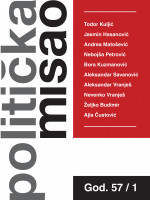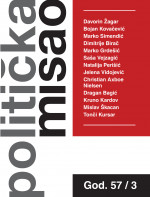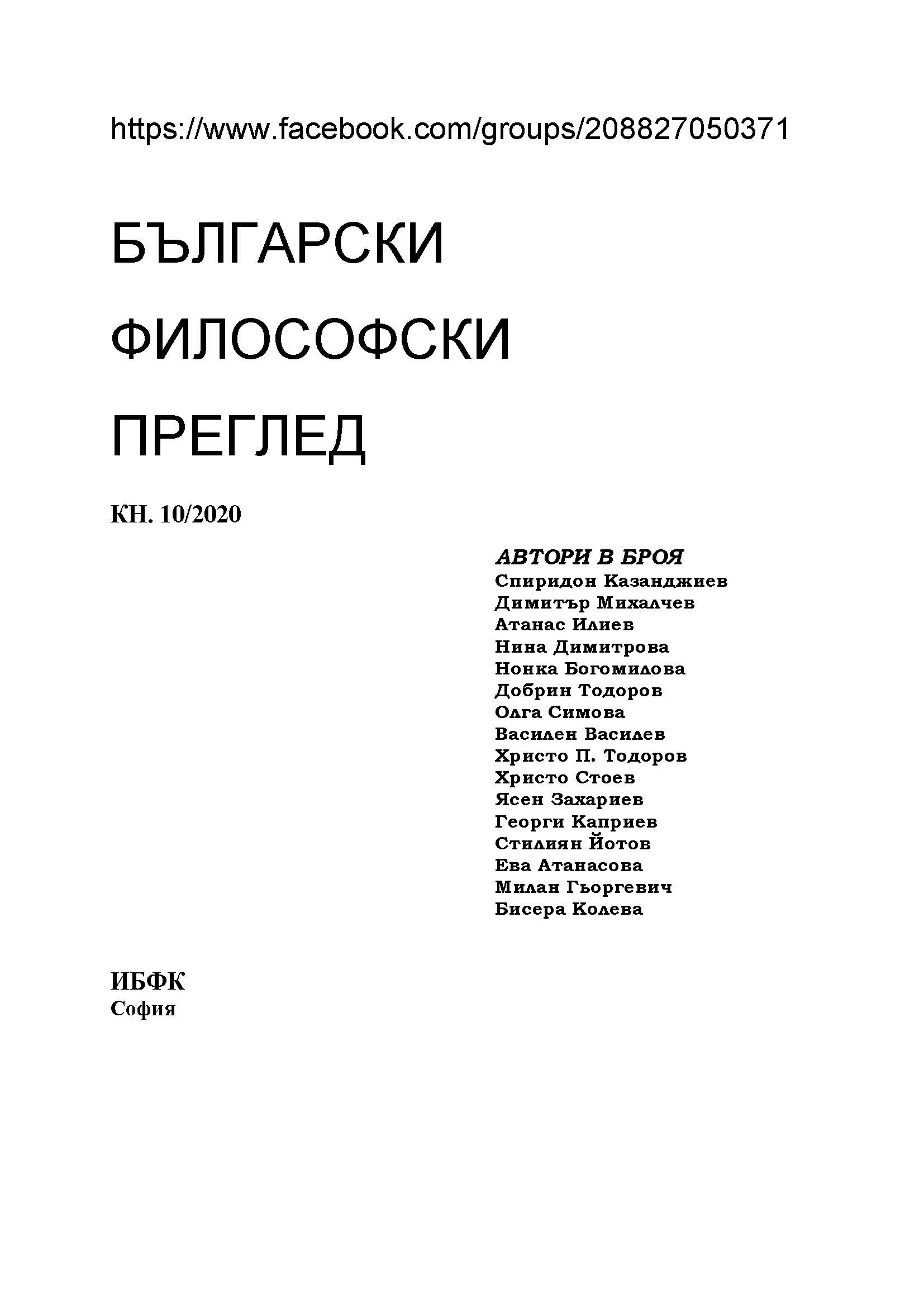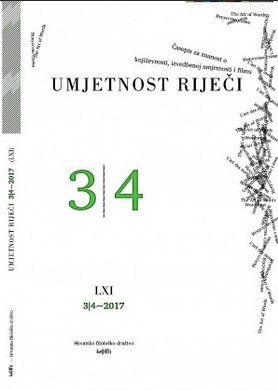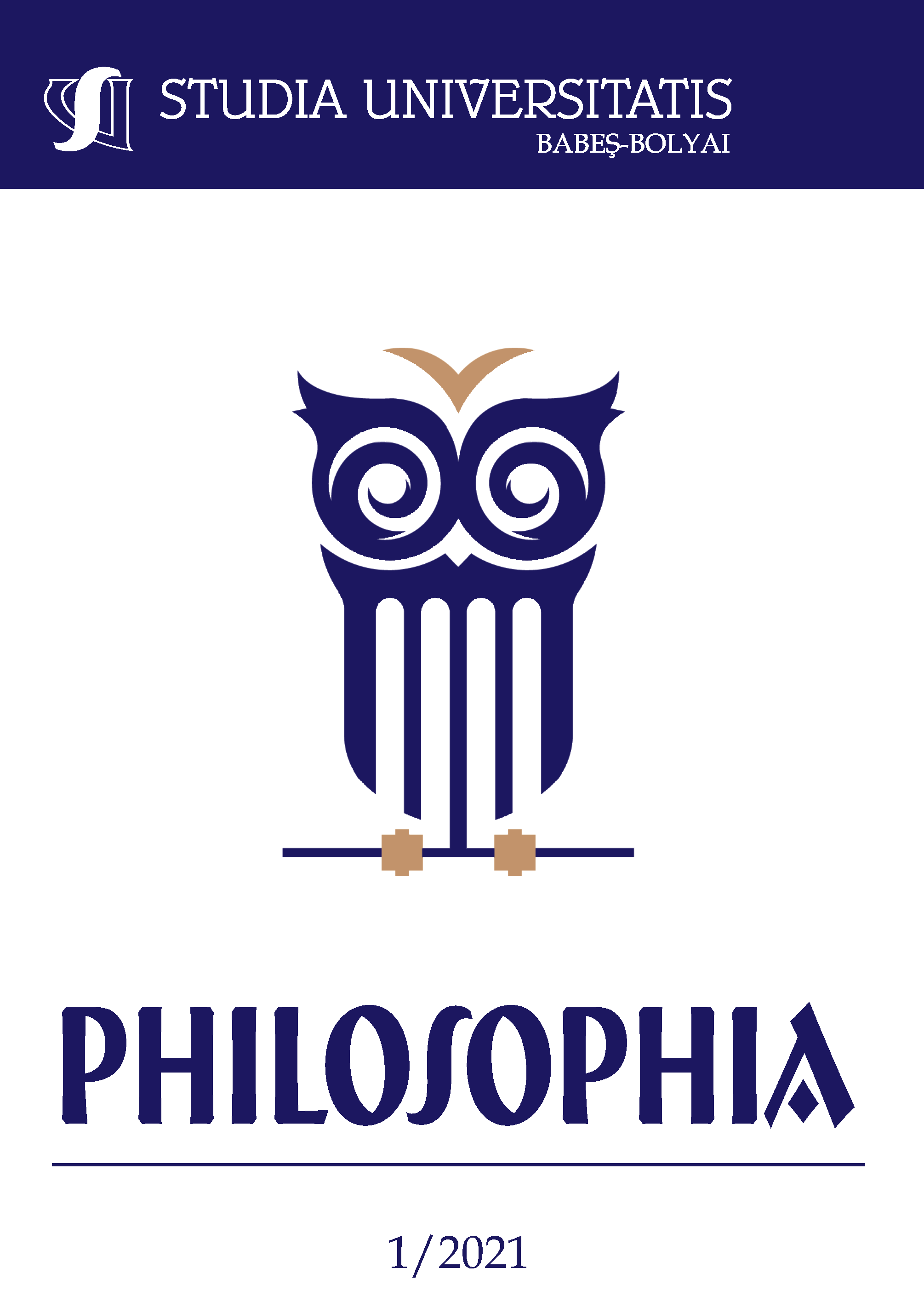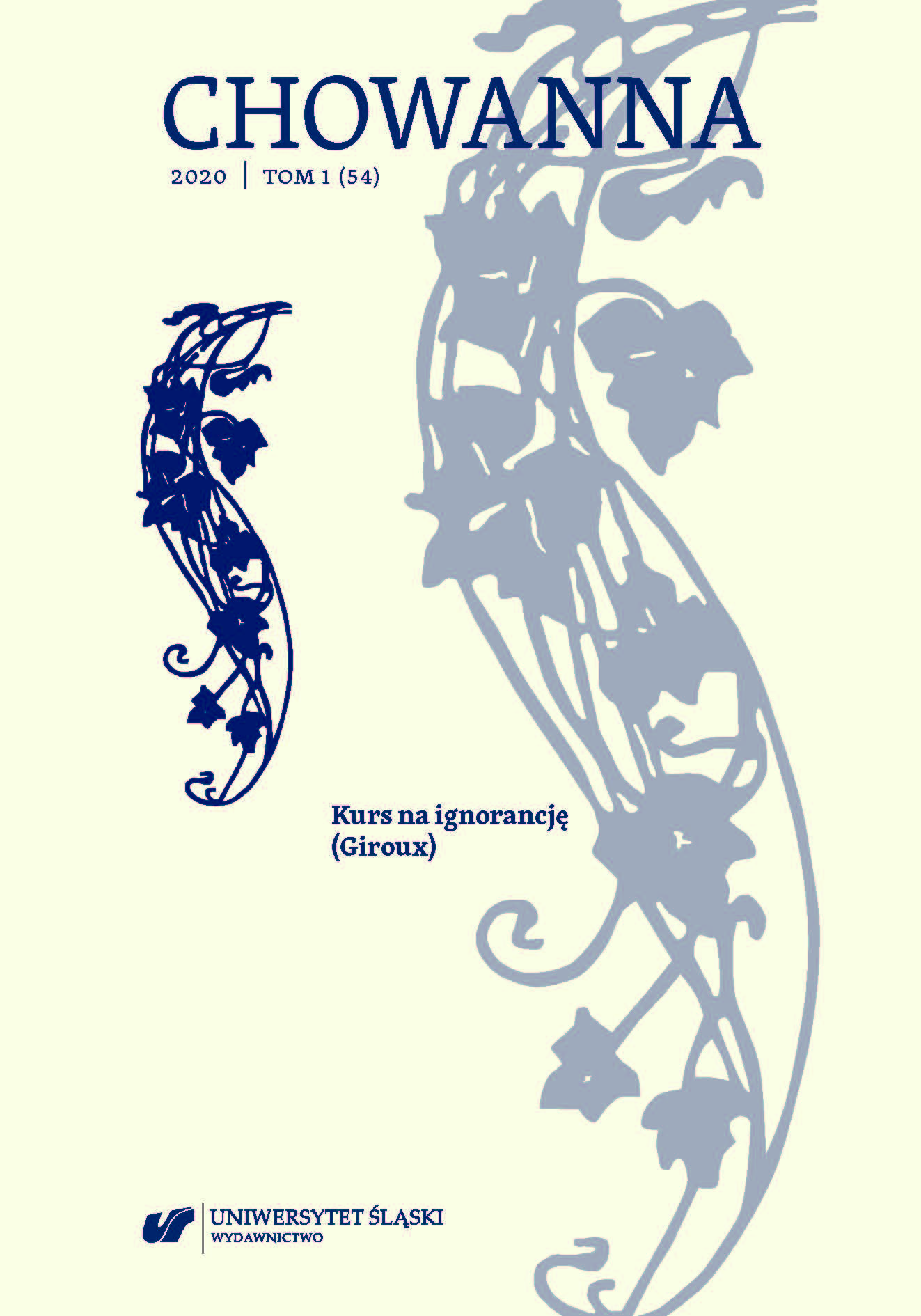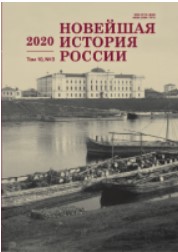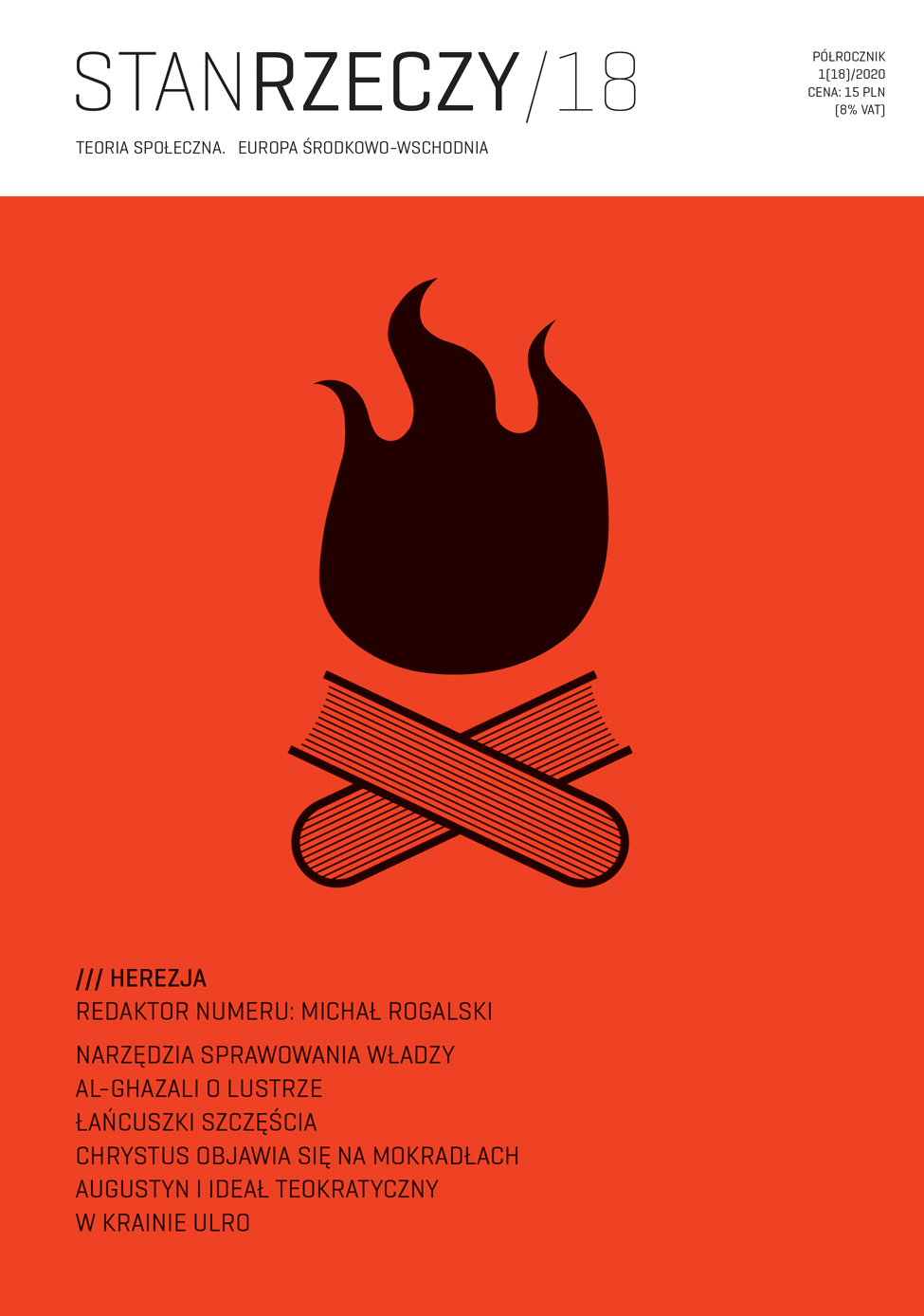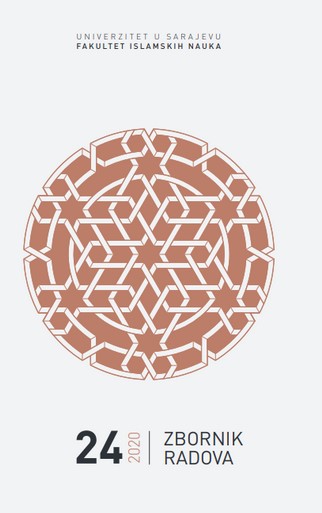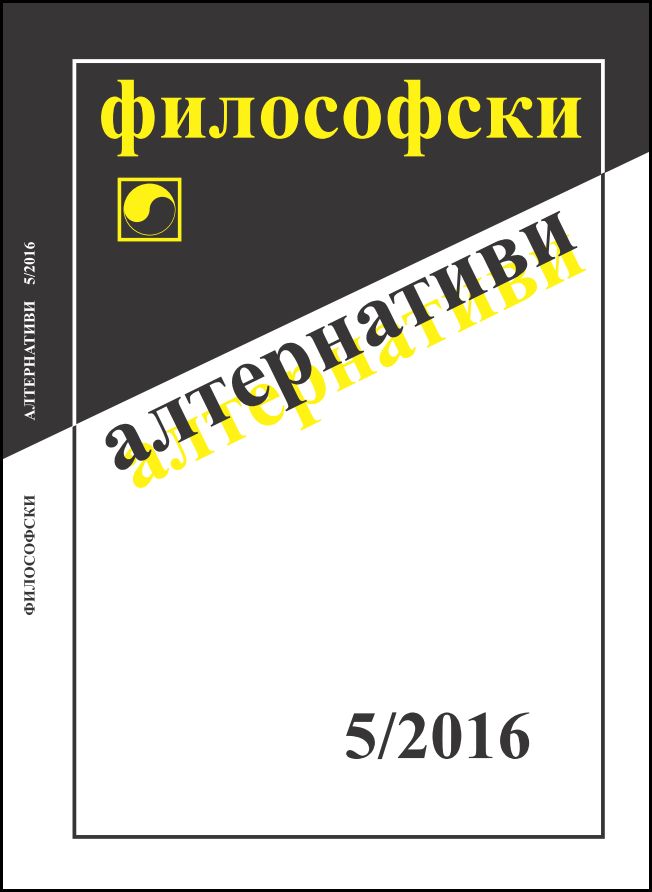
Идеологията като комплекс от структури и идеологиите като разкази
This article discusses the problem of “deideologization” as an element of modern ideological production in Bulgaria after the fall of state socialism. It systematizes different theoretical approaches to conceptualizing the term “ideology” and presents an overview of two models of interpreting how ideology works: in terms of multiple narratives and in terms of ideology as a power structure. The emphasis of the article is on the analysis of the structural path to dealing with the problem of ideology in the works of post-Marxists such as Althusser, Foucault and Bourdieu. In situating their theories in the contemporary context, the author aims to create an instrument for the analysis of the working of ideology today as a set of formalized ideological apparatuses of the government and as informal networks of institutions and individuals whose actions are not determined by a homogenized and “canonized” ideological narrative.
More...
